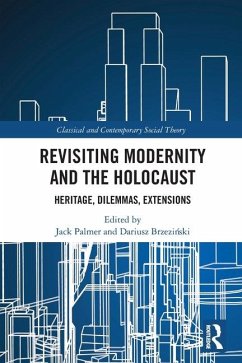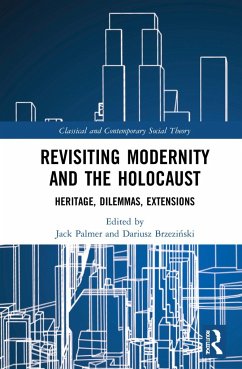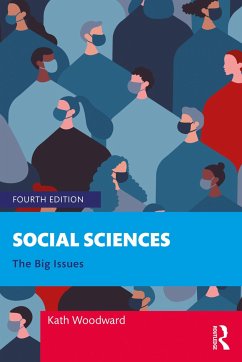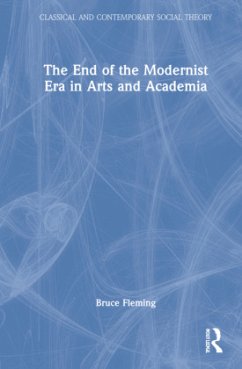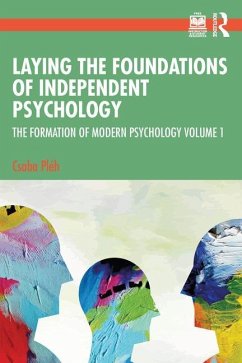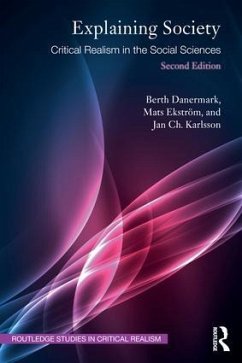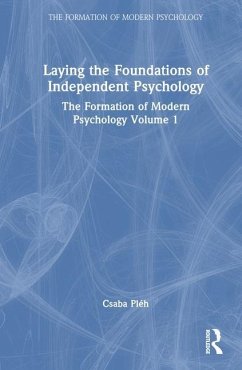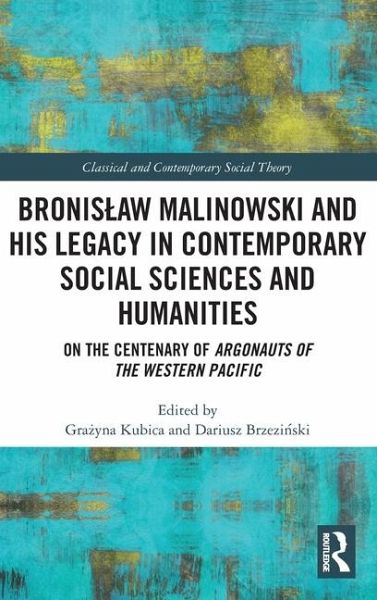
Bronis¿aw Malinowski and His Legacy in Contemporary Social Sciences and Humanities
On the Centenary of Argonauts of the Western Pacific
Herausgegeben: Kubica, Grazyna; Brzezinski, Dariusz
Versandkostenfrei!
Versandfertig in 6-10 Tagen
154,99 €
inkl. MwSt.

PAYBACK Punkte
77 °P sammeln!
As one of the most renowned figures in the history of anthropology, Bronislaw Malinowski is recognised as having been central to the development of the discipline, with interpretations of his thought usually drawing attention to his work in founding the approach of functionalism and his innovative method of intensive field research. This book offers a decisive extension of Malinowski's achievement, referring to the accomplishments of present day social sciences and humanities and the debts that they owe to Malinowksi's oeuvre.Bringing together eminent scholars in such fields as social anthropo...
As one of the most renowned figures in the history of anthropology, Bronislaw Malinowski is recognised as having been central to the development of the discipline, with interpretations of his thought usually drawing attention to his work in founding the approach of functionalism and his innovative method of intensive field research. This book offers a decisive extension of Malinowski's achievement, referring to the accomplishments of present day social sciences and humanities and the debts that they owe to Malinowksi's oeuvre.
Bringing together eminent scholars in such fields as social anthropology, sociology, law, cultural studies, literary and theatre studies, and art history, this book emphasises the importance of Malinowski's theoretical and methodological insights as a treasure trove of inspiration for contemporary researchers.
A critical commentary on the life, work, and legacy of Bronislw Malinowski, it sheds light on his academic work, while personal documents, many of which are not well known - or are completely unknown - in the Anglophone sphere, prove their fundamental importance for understanding his oeuvre, and the intellectual connections between his work and the work of other most prominent intellectuals of the 20th and 21st centuries. It will therefore appeal to scholars across the social sciences and humanities with interests in the history of anthropology and sociology and fundamental questions of theory and research methodology.
Bringing together eminent scholars in such fields as social anthropology, sociology, law, cultural studies, literary and theatre studies, and art history, this book emphasises the importance of Malinowski's theoretical and methodological insights as a treasure trove of inspiration for contemporary researchers.
A critical commentary on the life, work, and legacy of Bronislw Malinowski, it sheds light on his academic work, while personal documents, many of which are not well known - or are completely unknown - in the Anglophone sphere, prove their fundamental importance for understanding his oeuvre, and the intellectual connections between his work and the work of other most prominent intellectuals of the 20th and 21st centuries. It will therefore appeal to scholars across the social sciences and humanities with interests in the history of anthropology and sociology and fundamental questions of theory and research methodology.





